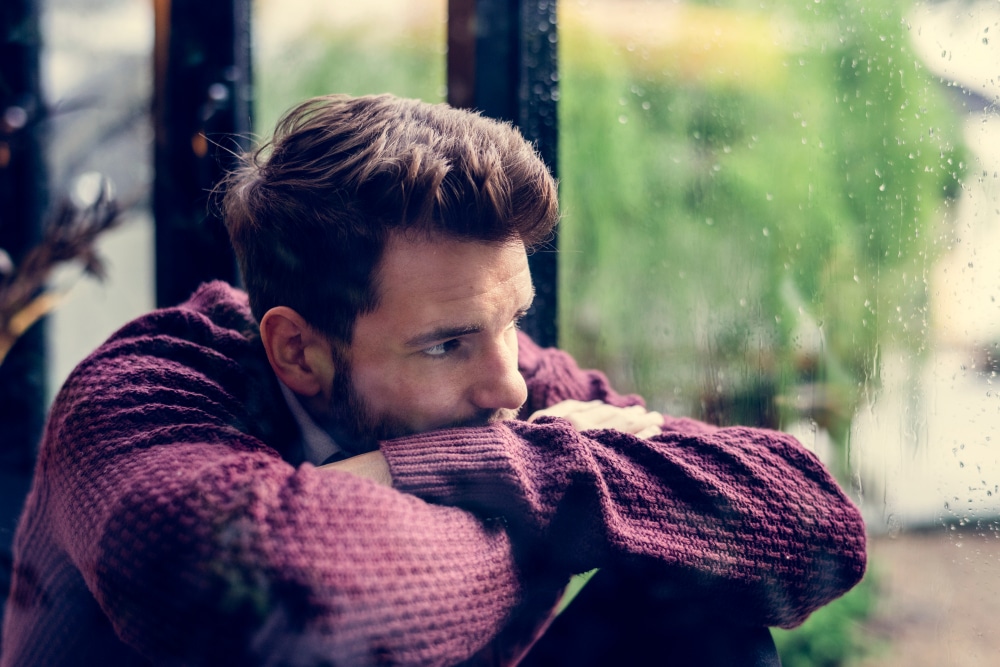It begins with a tiny realization… you have stopped tagging your (then-named) best friend in memes. And then one morning, you wake up in your 30s to discover that your social life has silently turned into the occasional “we should catch up soon” that goes nowhere.
You can’t even remember the last birthday party that wasn’t some toddler’s. The people who used to pack your entire weekends have been replaced by work emails. And no, you aren’t arguing with anyone. No one “did” anything. It’s just a… drift.
And then, you realize, being an adult isn’t freedom anymore. Between career aspirations and grocery shopping lists, your friendship slipped off the to-do list – you didn’t even notice until the silence was unbearable.
The Slow Fade No One Warned Us About
Friendship breakups never include a proper closure. No slamming doors, no monologue – just an insidious gradual pulling away. One morning, your best friend is ordering your coffee. Next, you are liking their newborn baby’s picture on Instagram and wondering when you last saw them in real life. Nobody prepares you for how isolating that can be.
And then suddenly it’s difficult to build new friendships when your life is all about routines – work, shopping, Netflix, sleep, repeat.
Friendship Fatigue Is Real

This is the hard reality: most people are just Exhausted. Emotionally. Mentally. Socially.
After an endless day of non-stop notifications, virtual meetings, and pretending to be “on,” even having small talk at dinner feels like a task. You want a connection – but not the type that is accompanied by makeup, traffic, and two hours of time. So you ghost, promise to keep up, and fail to do that every single time.
And it’s not just you. We’re living in an era of “connection burnout.” Everyone’s hyper-accessible online, yet emotionally unavailable in real life. The paradox is brutal: we’re lonelier than ever in the most connected age in history.
We’re All Busy, But That’s Not the Whole Story
Sure, everyone’s busy. That’s the easy answer. But it’s not just time that gets in the way – it’s identity.
By your thirties, you’re mature. You have shed the older versions of you. The party buddy you used to spend time with on nights at 25 may be waking up at 6 a.m. these days to drive their kids to school. That one friend who once needed you for everything now goes to therapy and sets boundaries. And you? You’re torn between nostalgia and self-preservation.
It’s not that we no longer need friends – it’s that discovering new ones who “get” who we’ve become feels more difficult than ever. Making friends as an adult takes exposure, and most of us are too emotionally drained to go first.
The Myth of the “Forever Friend Group”
Movies lied to us. It tricked us into believing we’d be carrying our uni or school friend group through all stages of life. That we’d still be meeting them for dinner on Thursdays, even in our thirties. In reality, though, people drift apart. The group chat dies. Someone moves away to another city. Someone gets married to someone you don’t get along with.
What you’re left with isn’t a community of friends – it’s fragments of one. Occasional messages, nostalgia-fueled check-ins, and a bittersweet sense of loss that you’ll never again have the free and easy sense of belonging that you once had.
The Shame of Admitting You’re Friendless

Nobody actually wants to have to admit that they basically don’t have friends anymore. It just doesn’t feel right, like something seriously went horribly wrong in your life.
We all thought being an adult would be that you’d have your own built-in crew: those people who’d know your morning coffee, your secrets, and be at your doorstep when things are going rough. But somehow in the loop from job, relationships, and just simply trying to survive, those friendships sort of got put on the back burner.
Now you have dead group chats, occasional one-lined birthday wishes, and some old friends whom you “have to catch up with someday.”
And no, it’s not that you’re not loved – it’s just that true connection doesn’t come that often, and confessing we’re lonely is like losing.
The irony? Practically, almost everyone feels like just you. But they’re all pretending to be busy, pretending to be fine.
Social Media Doesn’t Help Either
Social media has turned friendship into a highlight reel. You scroll through the holidays, brunches, and “my ride-or-dies” and can’t help but feel like everyone else’s life is just full of love, and you’re just existing.
We’ve confused interaction with intimacy – likes for love, comments for care. A thousand followers and no human to call when you’re falling apart. It’s easier to put up a quick meme than to tell them that you feel lonely.
And worse still? We know all this and do it anyway – faking intimacy on our public stage while starving in private for the actual thing.
Why It’s Harder to Open Up with Others in Your 30s
By 30, we have learned enough (both good and bad) to be cautious. We know how friendships fall apart: the divergences that catch up with us, the competing priorities, the unpaid emotional labor. So we build big walls.
We call it “boundaries,” and sure, that’s a part of it. But sometimes boundaries are just fear behind that mask. Fear of being disappointed again. Fear of investing in someone is going to leave anyway.
But yet again, the price of safety is loneliness.
Building Connection Again (Even When It Feels Awkward)
The good news? Loneliness is temporary. It’s a sign. A signal that you care enough to crave real connection.
Friendship at 30 is different – slower, more gentle, more intentional. You don’t see each other every week, but when you do see each other, it counts. You talk about what really matters (loss, burnout, hope, fear) instead of memes or gossip.
It does take courage to befriend today, though, and it takes lowering the bar as well. You don’t need to have a “tribe.” You just need a few who make the world a little lighter.
So, go and say yes to that coffee. Join that class. Text first, even if it feels (very) weird.
Connection does not just rebuild itself magically. It starts tiny, in awkward moments that expand into something real and remind you that you still belong somewhere. And maybe, that somewhere is already out there – just one brave text away.

